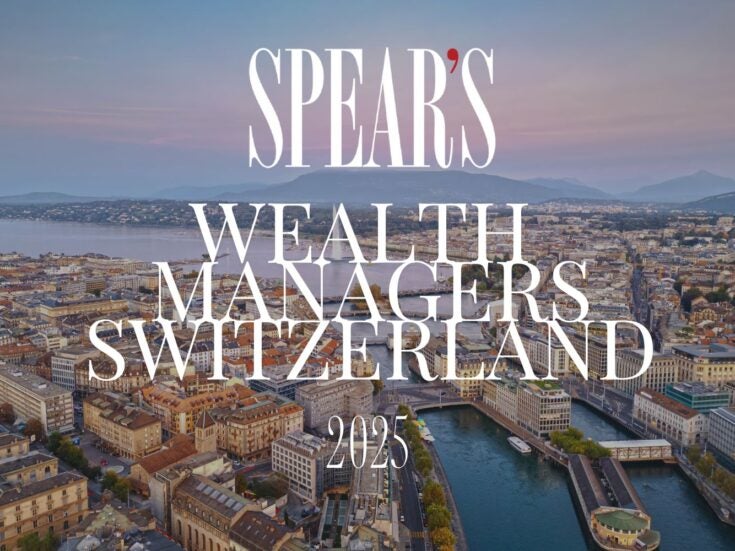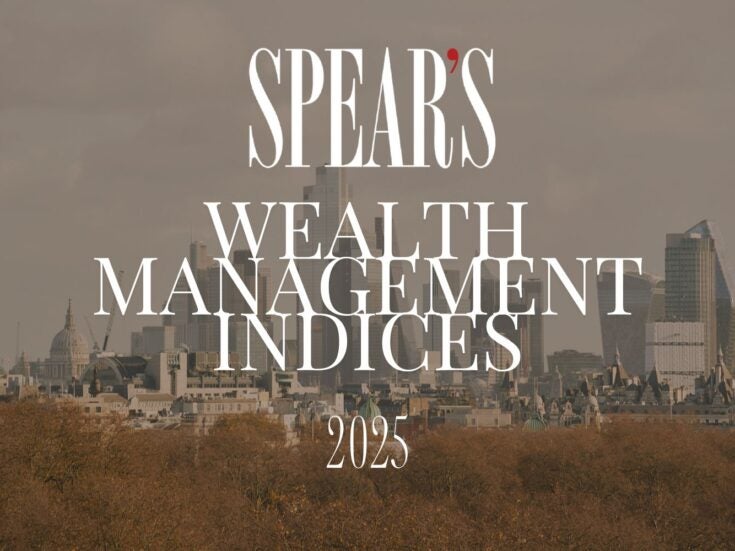
Recent history has not been kind to Croatia, but with EU membership on the horizon, now’s the time to reconsider its merits as a place to do business, says Sophie McBain
ON 24 JUNE 2011, the eve of Croatia’s twentieth birthday, European leaders agreed that the country should join the EU in 2013. A few years ago, this might have been considered the ultimate birthday present for a youthful Balkan state, but since the sovereign debt crisis began, EU membership is no longer considered the golden ticket to commercial success. It is, however, a sign of how well the country has overcome its early setbacks and is a possible enticement for high-net-worth investors.
Despite the bloc’s financial woes, EU membership will be accompanied by an influx of funding, and with that comes the prospect of lucrative government tenders and contracts. Alongside this, the government has already set up tax incentives to encourage inward investment, particularly in high priority sectors and deprived regions.

But compared with fellow Europeans, British companies have been fairly slow off the mark. There are currently around 900 Austrian, 700 Italian and 200 Hungarian companies operating in the country, and only a few British ones. This might change after Croatia accedes to the EU. Natasa Kalauz, head of UK Trade and Investment in Croatia, says that a number of UK companies have said they plan to enter Croatia as soon as it joins, when the country will be perceived as officially ‘safe for business’.
Croatia’s domestic market may be too small for some investors, but with EU membership it could be excellently positioned to attract larger companies seeking a base in the Balkans. With a bit of luck the country could be transformed from a tiny tourism hotspot to a regional hub, connecting European companies to the Yugosphere, a new term to describe the region’s close financial and cultural links.
‘We cannot expect investors to come flooding into the country, because opportunities will always be limited to certain sectors, and the market is relatively small. What we do expect is an increase in companies looking to position themselves within the wider Western Balkans, South-East Europe region. With Croatia becoming a member of the EU, doing business will be that much easier, so it will be a good base,’ says Kalauz.
But not everyone is convinced that EU accession is the fast-fix, financial Berocca that Croatia needs. More important are the long-term economic changes currently underway, says Matjaz Princic, group chief executive at EMAC, an asset management firm that has invested in Croatia since 2006.

EU accession aside, Croatia has had a rough ride. According to the IMF the economy shrank by 1.25 per cent in 2010, and it is forecast to grow by a sluggish 1 per cent this year. Still hampered by the bloated public sector and unwieldy bureaucracy it inherited from the Tito era, Croatia has been consistently slipping down the World Economic Forum’s competitiveness index, which rates countries in terms of the ease of doing business. The big hope is that the government will continue pushing through the long overdue structural reforms needed to promote sustainable growth; the corresponding fear is that the country’s upcoming elections will produce a fragile coalition incapable of the task.
ONE AREA WHERE the economic outlook is still sunny, is tourism. Visit top tourist spots like Dubrovnik, and the hotels are full, the shops bustling and the sun-drenched terraces crowded with tourists lingering over espressos and sweating glasses of local wine. When Western tourist numbers fell during the recession, Asian visitors plugged the gap, Pave Zupan Ruskovic, adviser to the Mayor of Dubrovnik, says.
For those sunning on superyachts or holed up in coastal villas, the country’s appeal is not only a happy accident of climate and geography, but also a question of economics. Individuals purchasing properties don’t pay capital gains tax on properties owned for over three years, and in the last half-decade Croatian real estate has become especially coveted.
Property prices in and around Dubrovnik rose rapidly in the years leading to 2009, before plummeting by 30 to 40 per cent. ‘There was definitely a bubble, the pre-crisis prices were just not realistic,’ says Princic. EU accession and the prospect of a global economic recovery are likely to push up property prices again, but not to the same levels as during the 2008 peak, and he expects them to increase by around 15 per cent in the medium term.
Now might not be a bad time to buy, but potential investors should brace themselves for encounters with Croatian bureaucracy. For new builds, most UK investors have to wait around three years from beginning a project to obtaining the first building permits, while those seeking to buy older properties often have to contend with multiple owners — some farmhouses are owned by over ten family members.
EU accession may go some way to help Croatia mop up the bureaucratic mess that has swamped and stifled business in the past, but this needs decisive and determined government action too. What is likely to change, particularly if British companies start readying themselves now, is that the Adriatic sun will shine not just on foreign villa-dwellers but business-owners too.







